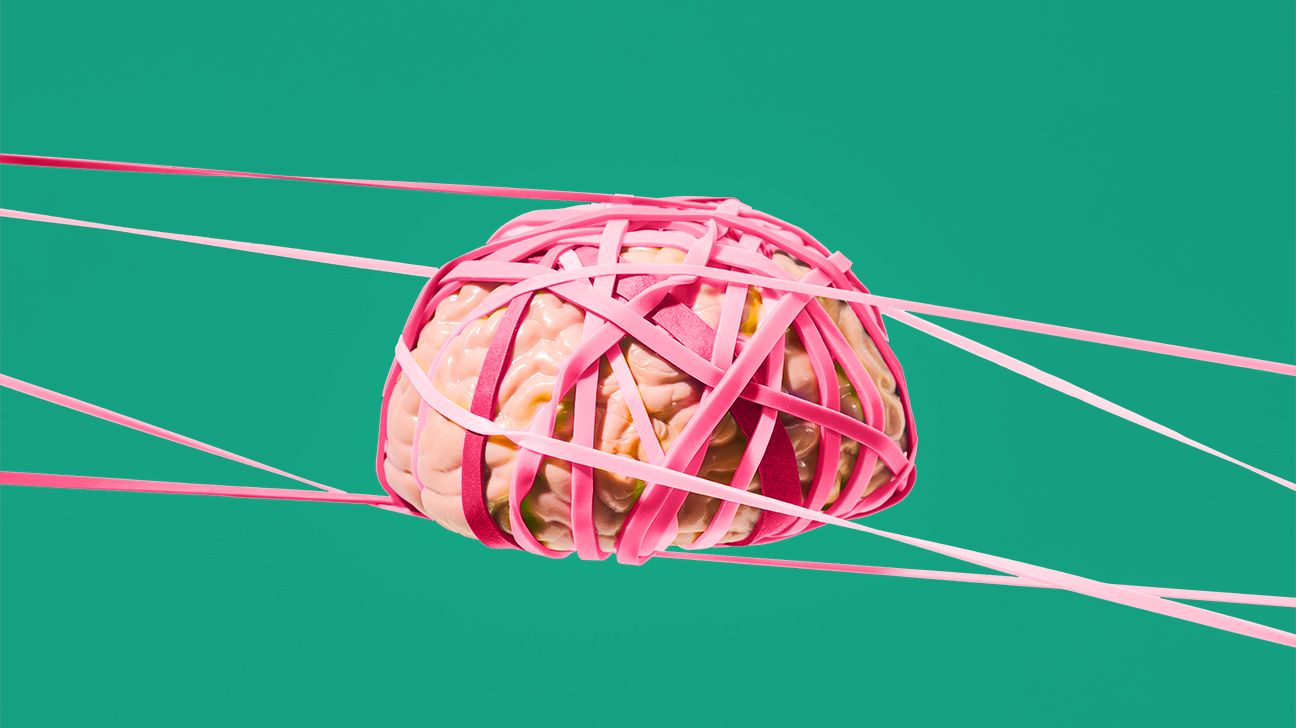One of my own worst first dates fell on the cusp of the new millennium. The early days of online dating weren’t too different from today: connect with a person through an online profile, spend some time in witty, best-foot-forward conversation, and then decide to meet in person.
That’s how I ended up on a date with a man in 2000.
I took my personal copy of the movie “Singles” to his house (reckless, I know, but I made sure at least two friends knew where to look for my body, if necessary.) I had watched the 1992 grunge romantic comedy so many times, I knew the lines. I knew the soundtrack. It was my favorite movie.
But this man didn’t seem as interested in watching it as he was in telling me how much money he made and reducing the space between us on the sofa. I felt ambivalent and stuck to my plan, getting the heck home by midnight.
In the following week, red flags hailed from the sky like a quiver of arrows. He sent roses to my office. When I didn’t call him back quickly enough, he left a message saying he was coming to find me with a baseball bat. He then drunk dialed me, and I patiently listened for hours because my listening seemed to make him calmer and less inclined to commit violence. I let him talk until he passed out, and then I blocked him from calling, emailing, or messaging me again.
But after that, the movie about dumb 20-somethings doing dumb things in pursuit of dumb romance became unwatchable.
Goodbye favorite movie, and goodbye to a giant chunk of my optimism about dating. (The man also inexplicably gave me a pair of shoes on our first date, and I haven’t felt OK about black leather mules since.)
Strong emotions create vivid memories. Just consider the intensity of emotions experienced on a first date: joy, fear, vigilance, anticipation, admiration, pride, embarrassment, excitement. First dates bang all those emotional buttons like a toddler who just discovered a piano.
And neuroscientists have found that memories created during times of aroused emotions — both positive and negative — are stored with more detail and last longer.
“Our brains seem to have a knack for picking out the most important elements of our lives (or ‘tagging’ them) and prioritizes those to be remembered in the future,” says Tony Cunningham, a postdoctoral research fellow studying psychology and cognitive neuroscience.
“We are fairly certain this happens because the amygdala, which is one of the emotional centers of our brain, is tucked up right next to the hippocampus. [The hippocampus is] is crucial for remembering what we call ‘episodic’ or autobiographical memories of the events in our day-to-day lives, and when something emotional happens to us the amygdala gives a little extra ‘juice’ to the hippocampus and basically tells it, ‘hey, this may be important to remember later!’”
Because my crummy date ended with the man stalking and threatening me, some parts are quite memorable. Like the plaid pattern of his shirt and the shoes he wore. I still have a visceral reaction to “Singles” and black mules.
I do not, however, remember his name.
“This is a direct real-world example of what we call the ‘emotional memory trade-off effect,’” Cunningham says. “Events of our daily lives are very complex, and for some reason, certain elements of that date became the central, emotional objects and to this day can continue to elicit a major, visceral response from you, while others seem to fade. And it doesn’t always make the most sense to us which items get picked.”
“At the very least, I’d say bad dates will likely be prioritized over neutral dates in your memory, but hopefully not the ones where you fall head over heels in love though!” Cunningham says.
“This likely has to again go back to evolution, survival of the fittest, and mate selection. When seeking a mate we want to sort out potentially good mates from potentially bad mates, and as such the suitors on the extremes are going to be prioritized in our memories.”
Sure, our brain may have a tendency to rewire associations so the things we like get paired with bad situations, but the good news is that it can go the other way too. We’re constantly creating new memories, and our brain, hardwired for association, will always be connecting feelings to a moment.
I compared notes with my husband to recall our first date 17 years ago. Was it a lightning storm of intense emotions and associated memories? Not really. He remembers going to my friend’s apartment to watch a movie. I remember he waved goodbye instead of kissing me goodnight. It was a low-stakes, comfortable encounter that ended with a hint of uncertainty.
In fact, my first lightning bolt memories with him came a few weeks after the first date, when I left town and our relationship became more serious and long distance at the same time. As he loaded my furniture into a moving truck, he turned and smiled.
The intense emotion I felt at that moment, in front of my former apartment building, is now captured like a photograph in my mind. I remember him smiling while I cried and drove away, thinking, “I’m definitely marrying this dude.”
Anna Lee Beyer writes about mental health, parenting, and books. Follow her on Facebook and Twitter.

